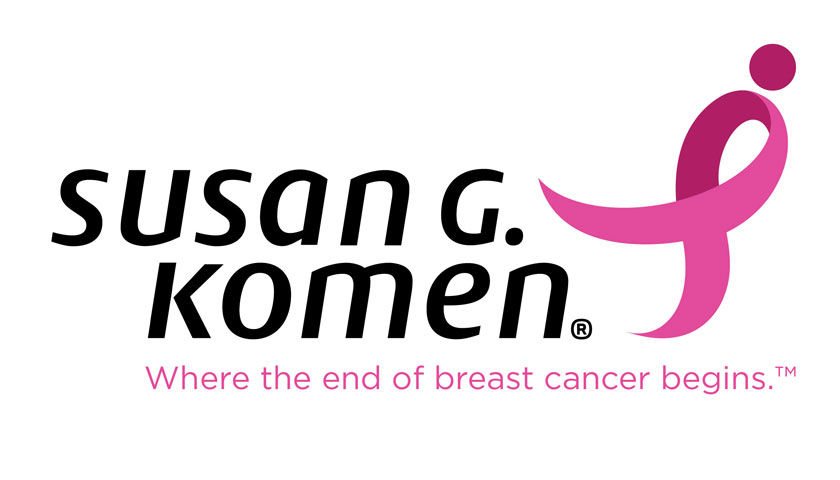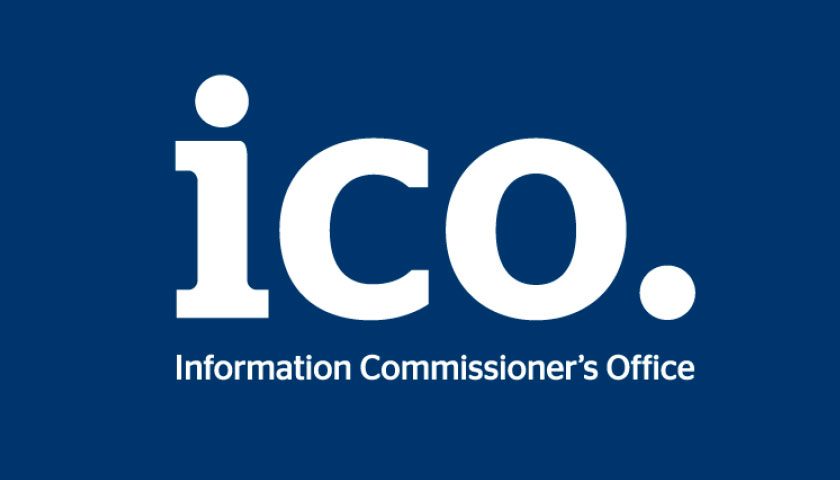Kidizen, the online discovery platform for moms to buy and sell kids fashion, is poised to act as a major disruptor in the resale space as it seeks to bridge the gap between retailers and their resale communities. Along with brands like Stella McCartney and Patagonia, Kidizen is leading the charge in harnessing and generating awareness for the emerging circular retail economy movement. Kidizen co-founder and CMO, Dori Graff, spoke at the Sustainable Brands Conference in Vancouver, making a compelling case for brands to embrace and leverage the secondary market as a means to adapt in the face of changing consumer shopping habits.
With nearly half a million users, Kidizen’s rapidly increasing community of resale enthusiasts is evidence that resale growth is greatly outpacing traditional retail, at a rate of 24x. With no signs of slowing down, it’s clear that in order to survive (and address the growing segment of sustainably minded consumers), traditional retail must find a way to play in this space. Enter the concept of a circular retail economy, where consumers buy new, eventually resell, and then reinvest that capital back into new. The provocation being posed by thought leaders like Kidizen, Stella McCartney and Patagonia is to become an active participant in and proponent of this cycle, rather than a bystander to the 41B resale industry.
Stella McCartney’s Fashion is Circular campaign, launched in April with the RealReal, shed major light on the value of this disruptive business model, not only in its ability to reduce waste by 73%, but in the benefits a strong secondary market can have for a brand’s primary market. In addition to offering a vehicle for increased consumer awareness, being an active participant in the circular model gives brands an opportunity to capture new customers and ultimately reclaim market share. Patagonia’s Worn Wear program, launched in late 2017, takes the concept a step further, with the brand powering its very own resale marketplace through a direct to consumer model that encourages trade-ins and shopping secondhand gear.
Kidizen has been offering a space to facilitate the circular concept within the children’s resale segment since its launch in 2014 but amplified its ability to impact the cycle with the introduction of its partnership platform earlier this year. The goal of the new platform is to offer companies a solution to the complexities of resale by providing an infrastructure that allows retailers to become active participants in their resale communities. Kidizen powers their brand partners’ resale marketplaces and facilitates rewards programs, community management and offers a solution for excess inventory. The Powered by Kidizen platform has grown quickly since its launch earlier this year with two participating brands (June & January and GroVia), several others launching in the coming weeks and a rapidly growing pipeline of interested partners.
A common thread through the models practiced by Kidizen, Stella McCartney and Patagonia is the incentive to purchase something new when partaking in the resale process. All three offer customers a credit to buy new when selling or trading up, in turn powering the cycle of buy, sell, repeat.
At the Sustainable Brands Conference, Kidizen’s co-founder, Graff, spoke to the potential power of this new model:
“It might seem counterintuitive, but resale is the solution brands need to break through the noise in today’s suffering retail environment. Instead of turning a blind eye, it’s time for brands to embrace resale as a key component of their marketing strategy. Not only will it reduce environmental waste, it will increase customer LTV and make a big difference to the bottom line.”
Link



